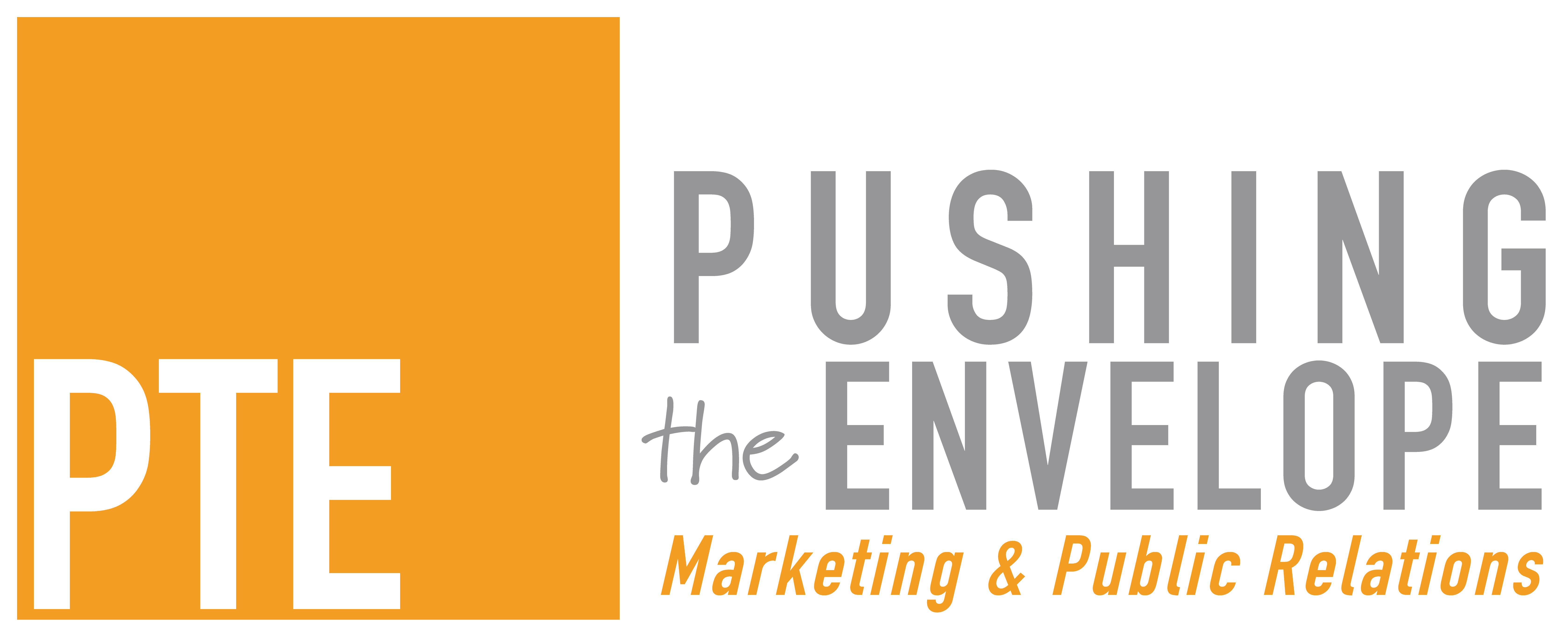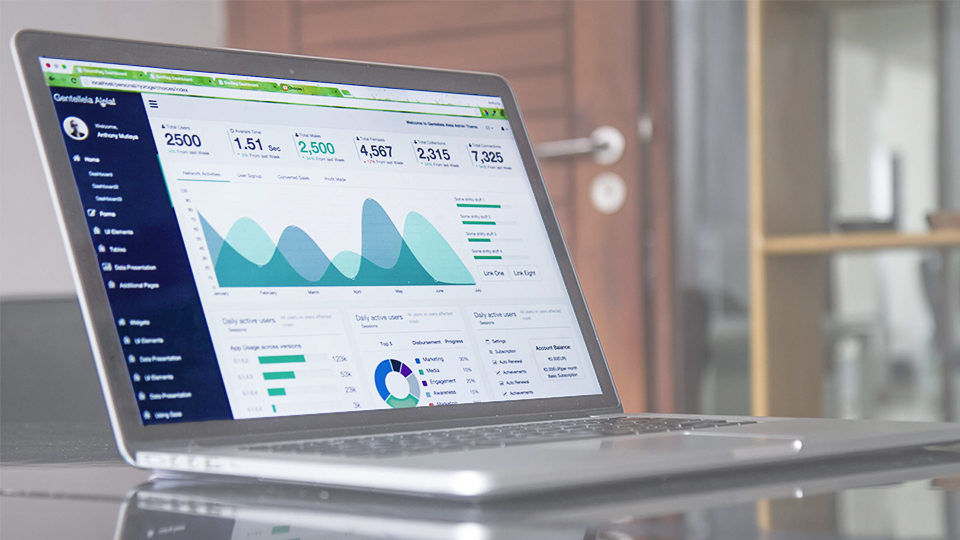Looking for ways to make your event more successful than the last? How do you know if your event succeeded? Event marketers are often tasked with finding the metrics that matter to their clients to prove the value of an event.
Before the start of an event, goals must be established – attendee satisfaction, registration numbers vs the actual number in attendance, the sales of a new product, amount of donations raised, etc. Knowing the purpose for the event will help you define key performance indicators (KPIs) which will help measure its success to enhance the next event.
5 Ways to Measure Event Success:
Social Media Activity
It’s important to monitor social media activity leading up to an event, but also to continue to monitor the activity generated during and after. Is the level of engagement higher than usual before, during, and after an event? Is the feedback positive or negative? Hashtags are a simple but great way to monitor social media mentions. A quantitative way to measure using social media would be to use audience growth, shares, mentions, likes and views.
Attendance
Attendance is another great way to measure success of an event. Event coordinators should be mindful that a high interest level in an event does not guarantee a high turnout, and the number of actual day attendees will likely differ. For recurring events consider tracking progress event-to-event to aide in setting future goals.
Surveys
Attendee experience is also an important factor; if guests have a positive experience they are generally more likely to attend future events and encourage others to participate. Social media is a great qualitative measurement tool, but simply asking event participants how they felt about your event through a survey is also a great tool. Surveys also can help identify key areas needing improvement. You may have had a sold-out event, but if guests felt the event was just so-so, can you really call it a success?
Not only do surveys provide an avenue to improve your events, but they also help identify participant engagement with your brand. People that take the time to check-in via social media or to provide feedback via survey could become qualified leads.
Monetary Returns
If the goal of your event is to meet a financial goal, sales numbers during and shortly after the event are good success indicators on the promotion of your product, service or mission. Set conversion goals for leads generated from the event. Were the sales from repeat customers, or were new consumers motivated to make a purchase after attending your event? If the purpose of the event is to generate revenue, it’s also important to measure the cost to produce the event against the amount revenue generated from the event.
Media Coverage
Pay attention to publicity generated before and after your event. Positive coverage of your event is beneficial in building trust and awareness about your brand and the event. If one of your goals is to raise brand awareness, media coverage can be a great indicator of the success of your event and can increase attendance and monetary revenue for future events.
Measuring your event success after each event allows you to set attainable goals and make more accurate estimations for future events. In turn, this allows for more accurate event planning and improving on how your events are managed, translating to better campaigns and ROI.
For more information about measuring the success of your next event, contact us today.

